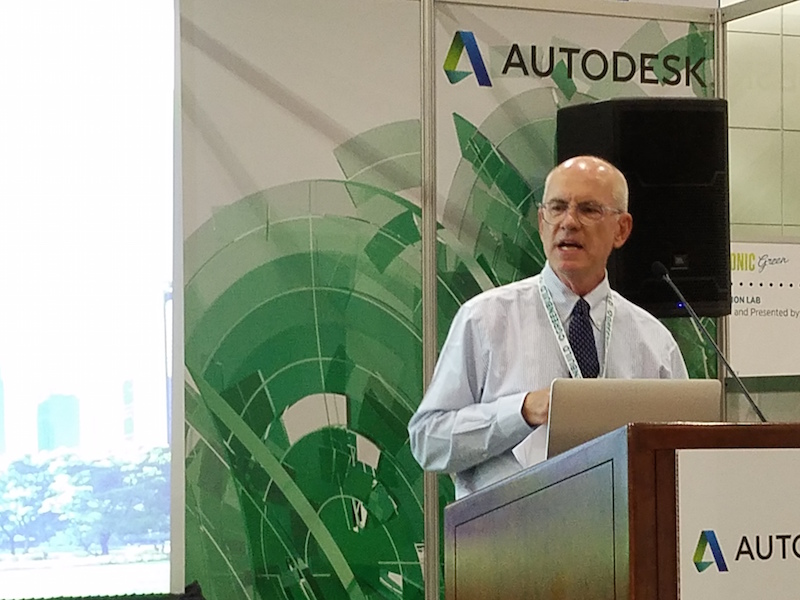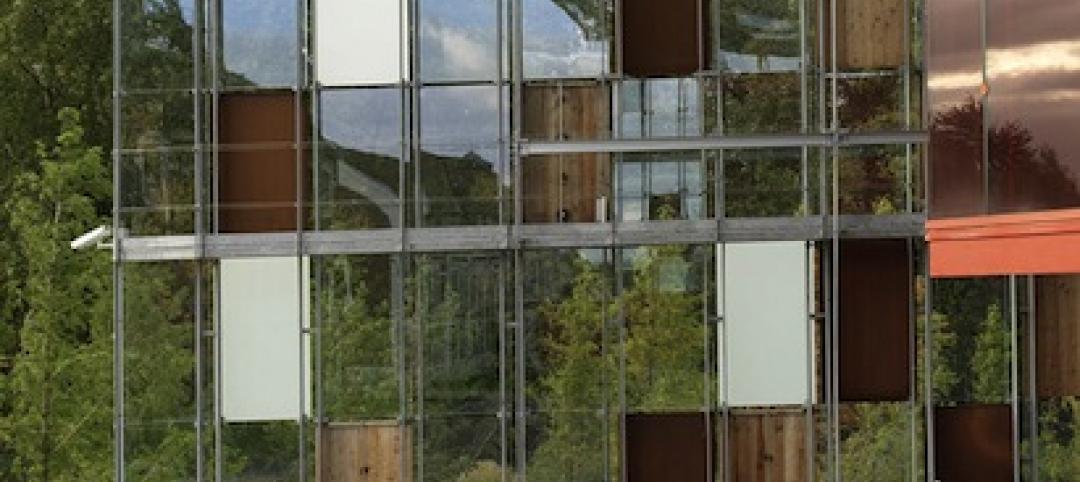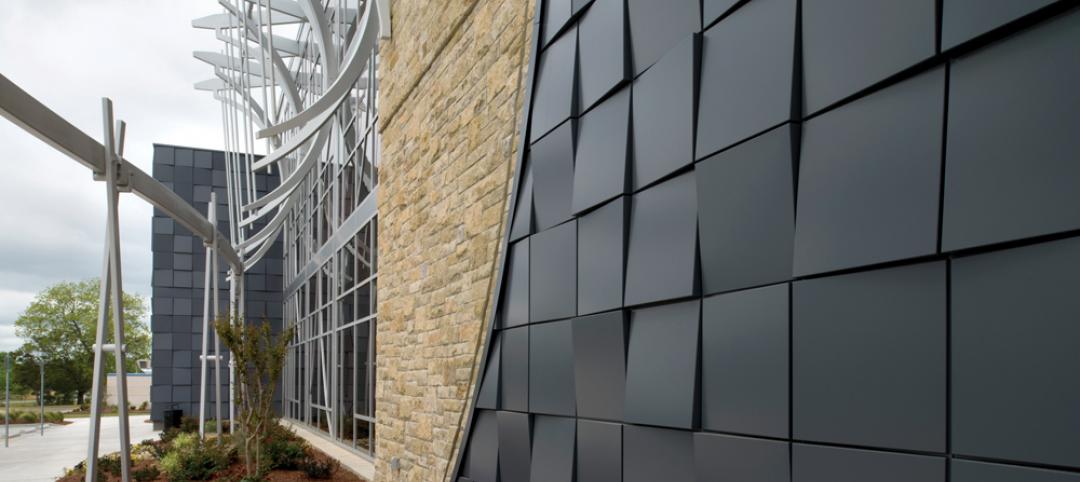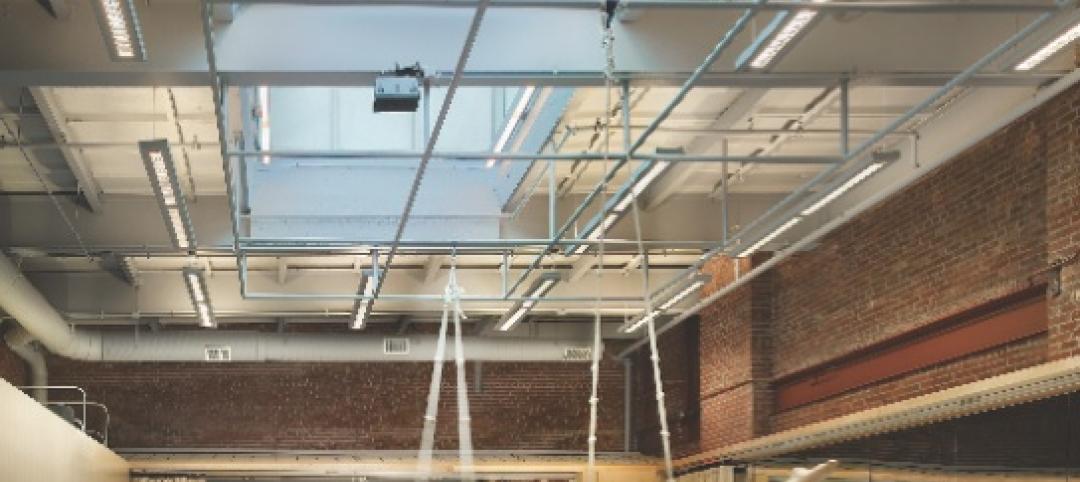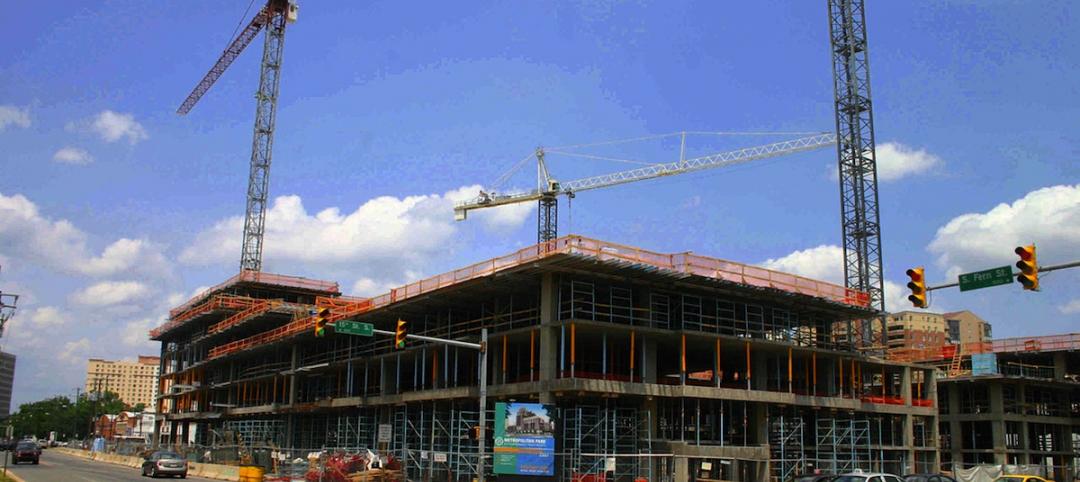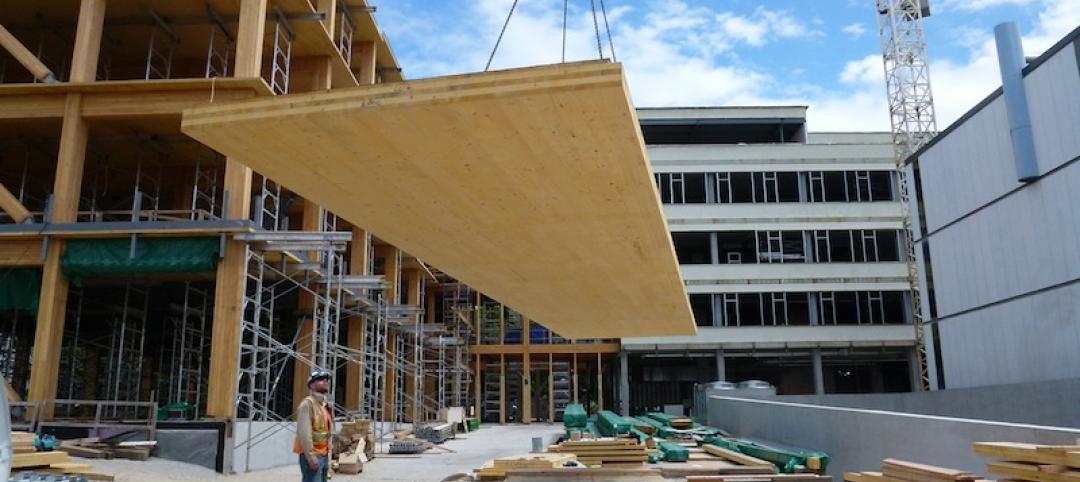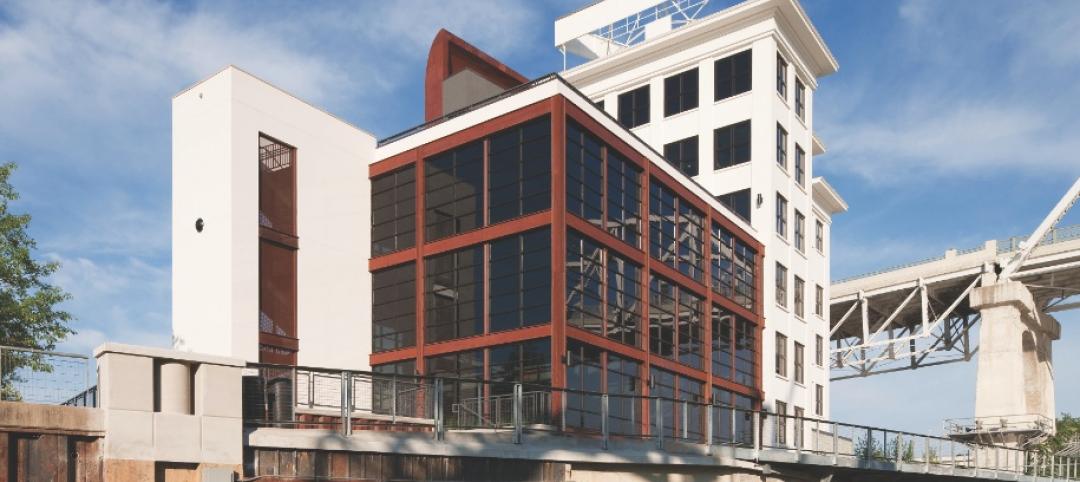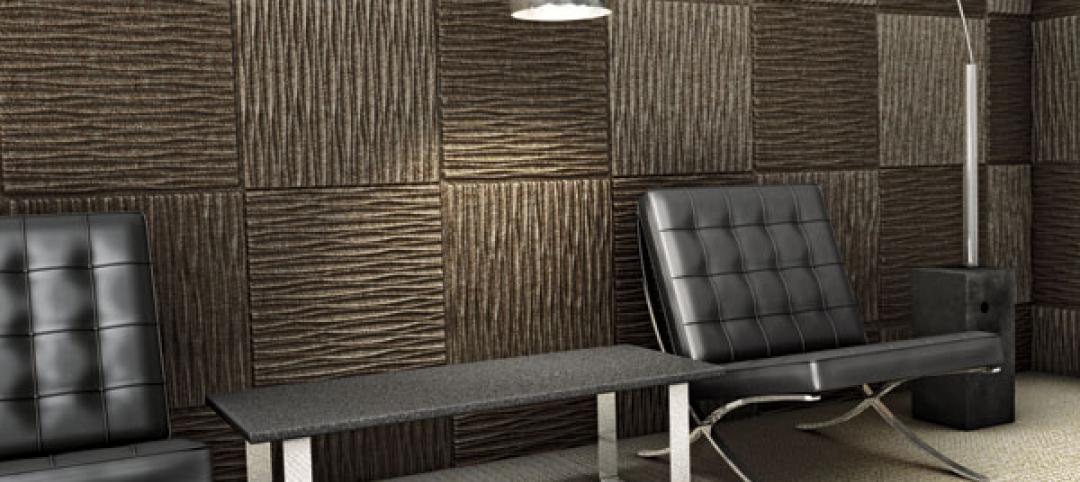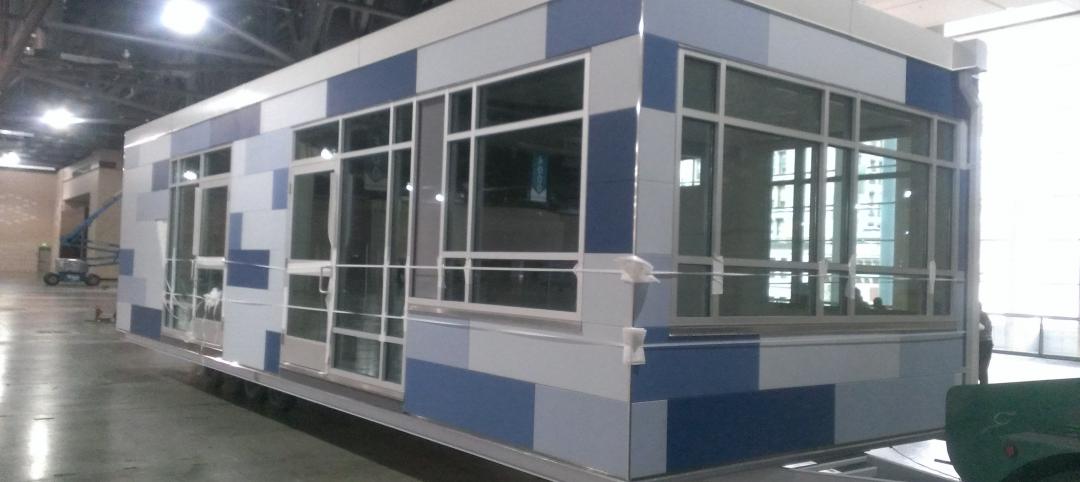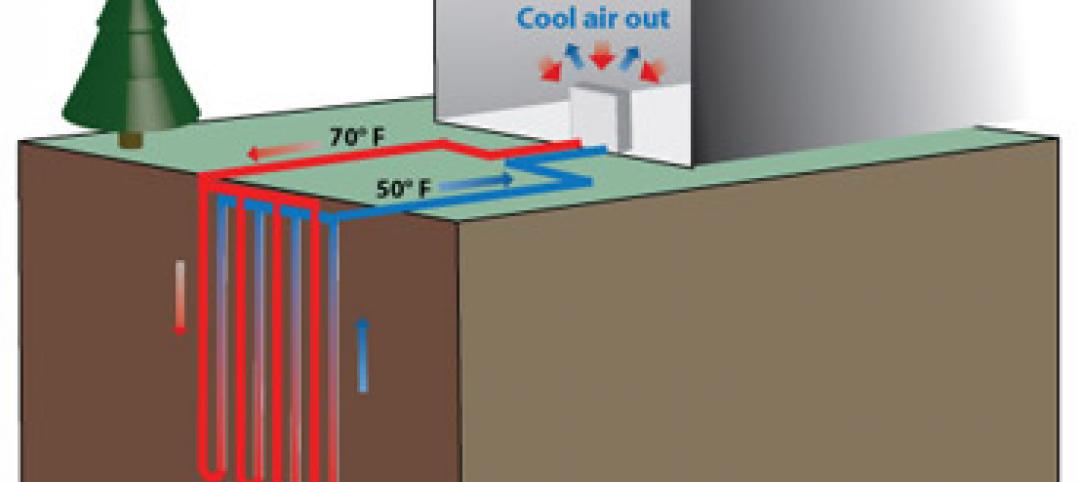A new software program that’s been more than five years in the making addresses one of the missing pieces in LEED certification—quantifying the value of going through the process.
At the Greenbuild convention in Los Angeles on Wednesday, Impact Infrastructure, a New York-based software supplier; and Autodesk, an investor in that company, introduced a beta version of Autocase for Sustainable Buildings, a web- and research-based software tool that can show building owners and their AEC teams the financial, social, and environmental returns from green strategies and practices, all in real time.
In addition, the U.S. Green Building Council (USGBC) has created a pilot credit under LEED v.4, called “Informing Design Using Triple Bottom Line Analysis,” that awards cost-benefit evaluations using Autocase that help users determine solutions for optimal returns from earning LEED points.
“What is the value of being green?” asked Mahesh Ramanujam, COO and incoming CEO of USGBC, during the press conference. He answered his own question by pointing out that in a nonresidential sector averse to sharing data, Autocase provides a much-needed measuring stick that is simple and affordable to use, and is informed by LEED’s vision.
Ramanujam framed Autocase as giving more ammunition to users that are weighing the pros and cons of LEED certification, at a time when LEED finds itself competing with several other certification programs, some of which are more focused on wellness and post-occupancy comfort and efficiency. Ramanujam suggested as well that Autocase “raises the bar” for any subsequent versions of LEED.
John Williams, CEO of Impact Infrastructure, recounted how his company and its strategic partners, which include the third-party certifier Green Business Certification Inc. (GBCI), had been working on this tool since the beginning of this decade. Early versions were too expensive, so Impact Infrastructure went back to the drawing board to refine the software so that it was not only more affordable to a broader customer base, but also much quicker to use.
“What would have cost $250,000 for a custom analysis now costs virtually nothing,” he said. “We’re filling the gap and showing value.” And an analysis that would have taken months to complete is now automated with a few keystrokes for speedy information delivery.
Ryan Meyers, Impact’s Chief Technology Officer, and the principal architect of Autocase, gave a brief demonstration of the product, showing how users plug in their own market-specific data, which Autocase applies to its analysis for calculating the savings for owners, occupants, and other stakeholders, based on a raft of existing research and case studies.
Much like Turbo Tax, Autocase has an icon at the top of its home page that tells uses how much they gain from green building. For example, if you want to know the value of sustainable water practices or how green building benefits the long-term health of occupants, Autocase can provide a dollar estimate that changes as new data are introduced.
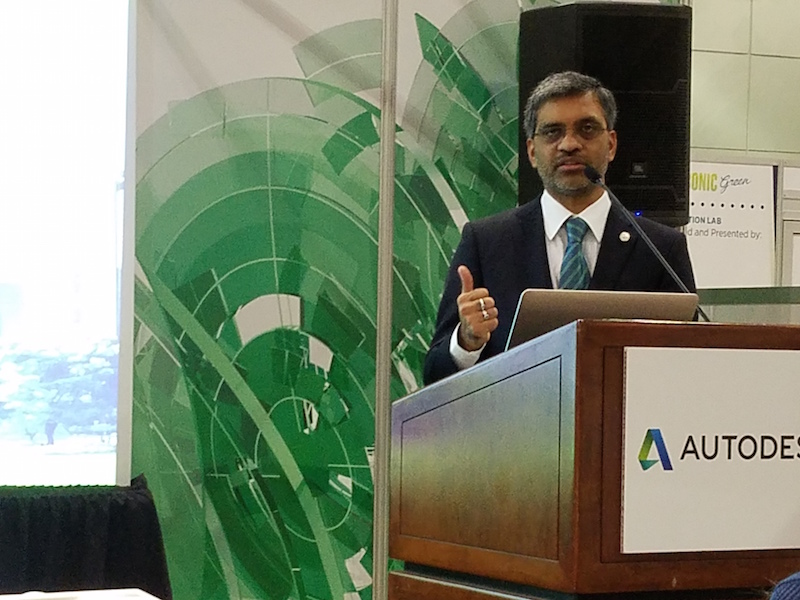
Mahesh Ramanujam, the incoming CEO of the U.S. Green Building Council, which created a pilot credit in LEED certtification for analyses that derive from Autocase software. Image: BD+C
For Johns Hopkins University’s Sustainable Campus Initiative LEED Existing Buildings certification, Autocase was used to analyze energy and water conversation practices—such as efficient lighting, heat recovery, and graywater systems—and prioritized investments in order to build a case that was used to get budgetary approval.
Dewberry is using this tool for the renovation of its corporate headquarters, said Lidia Berger, MEM, LEED Fellow, LEED AP BD+C, LEED O+M, the engineering firm’s sustainability director.
Sometime in the first quarter of 2017, Impact Infrastructure plans to release a production version of Autocase, along with a similar tool for analyzing and quantifying green infrastructure practices, said Meyers.
Related Stories
| Dec 6, 2013
French concert hall includes integrated musical elements [VIDEO]
La Métaphone, a concert hall in Ognies, France, is a 1,980-sm facility with the unique characteristic of being a structural musical instrument. The solar-powered building incorporates musical elements in its walls, which can be played by musicians inside or outside the facility.
| Dec 5, 2013
Exclusive BD+C survey shows reaction to Sandy Hook tragedy
More than 60% of AEC professionals surveyed by BD+C said their firms experienced heightened interest in security measures from school districts they worked with.
| Nov 27, 2013
Wonder walls: 13 choices for the building envelope
BD+C editors present a roundup of the latest technologies and applications in exterior wall systems, from a tapered metal wall installation in Oklahoma to a textured precast concrete solution in North Carolina.
| Nov 27, 2013
University reconstruction projects: The 5 keys to success
This AIA CES Discovery course discusses the environmental, economic, and market pressures affecting facility planning for universities and colleges, and outlines current approaches to renovations for critical academic spaces.
| Nov 26, 2013
Construction costs rise for 22nd straight month in November
Construction costs in North America rose for the 22nd consecutive month in November as labor costs continued to increase, amid growing industry concern over the tight availability of skilled workers.
| Nov 19, 2013
Top 10 green building products for 2014
Assa Abloy's power-over-ethernet access-control locks and Schüco's retrofit façade system are among the products to make BuildingGreen Inc.'s annual Top-10 Green Building Products list.
| Nov 15, 2013
Greenbuild 2013 Report - BD+C Exclusive
The BD+C editorial team brings you this special report on the latest green building trends across nine key market sectors.
| Nov 15, 2013
Metal makes its mark on interior spaces
Beyond its long-standing role as a preferred material for a building’s structure and roof, metal is making its mark on interior spaces as well.
| Nov 14, 2013
Behind the build: BD+C's 'Pedia-Pod' modular pediatric patient unit at Greenbuild 2013 [slideshow]
Next week at Greenbuild, BD+C will unveil its demonstration pediatric patient unit, called Pedia-Pod. Here's a behind-the-scenes look at the construction of this unique modular structure.
| Nov 13, 2013
Installed capacity of geothermal heat pumps to grow by 150% by 2020, says study
The worldwide installed capacity of GHP systems will reach 127.4 gigawatts-thermal over the next seven years, growth of nearly 150%, according to a recent report from Navigant Research.


